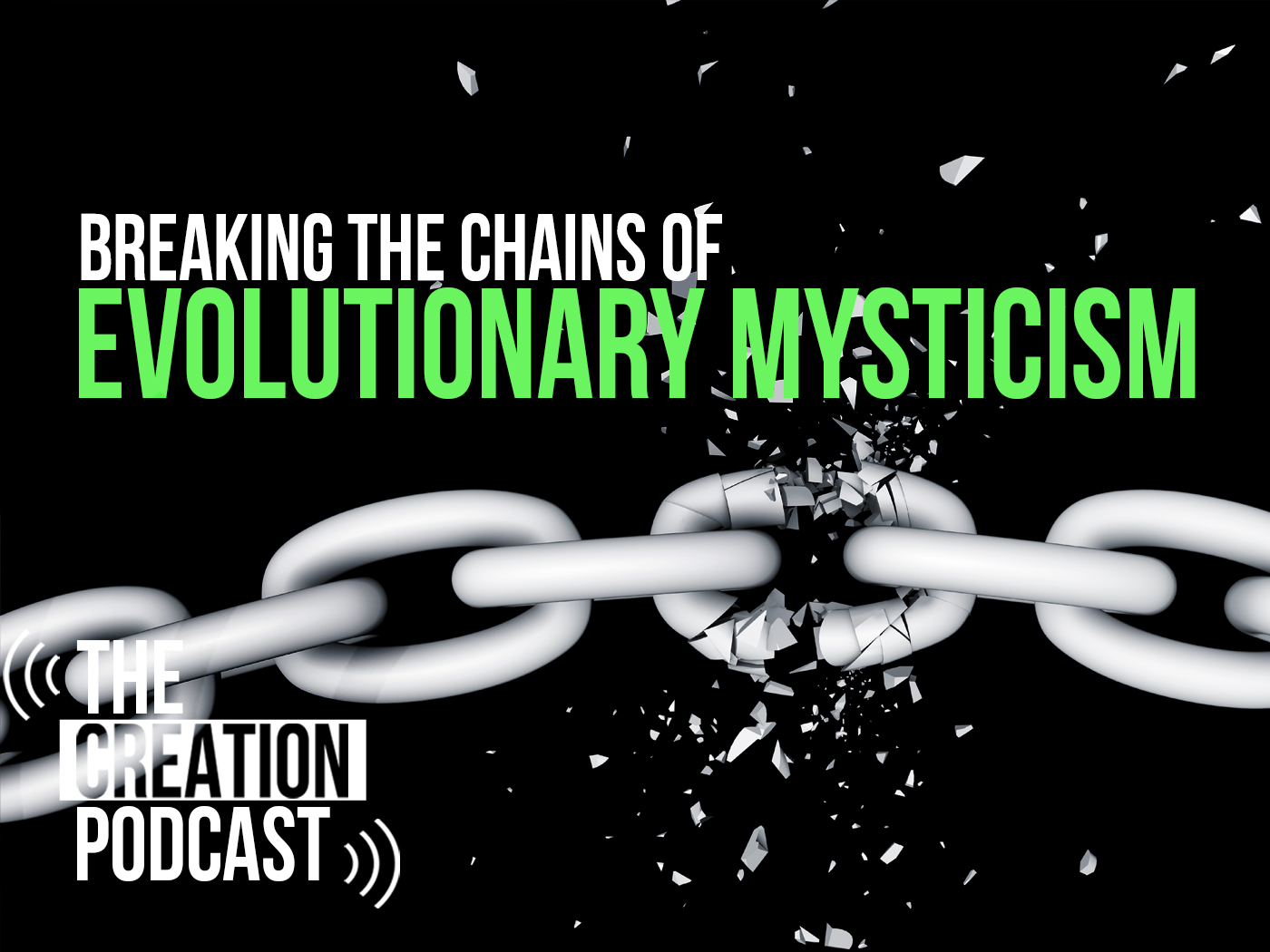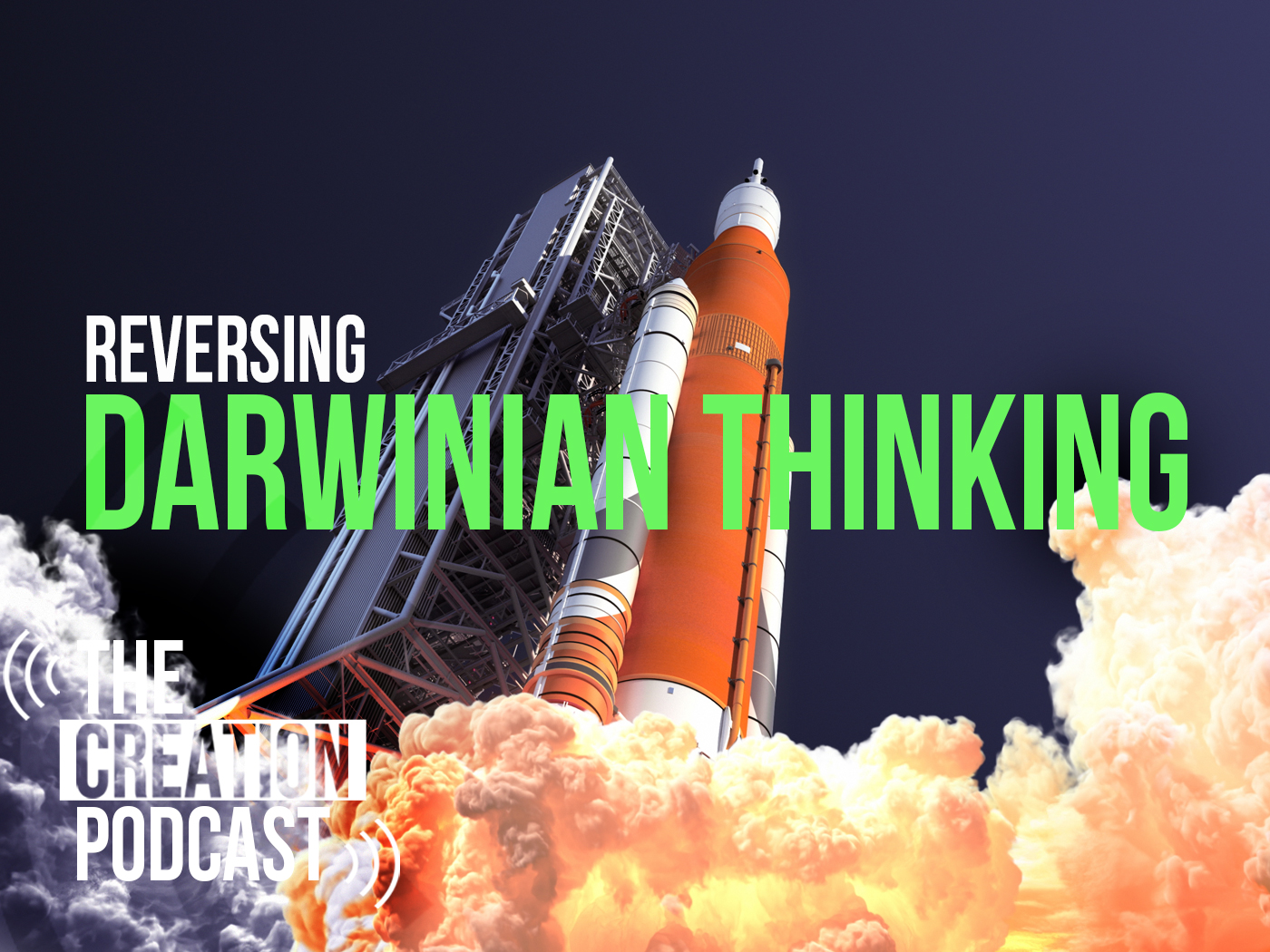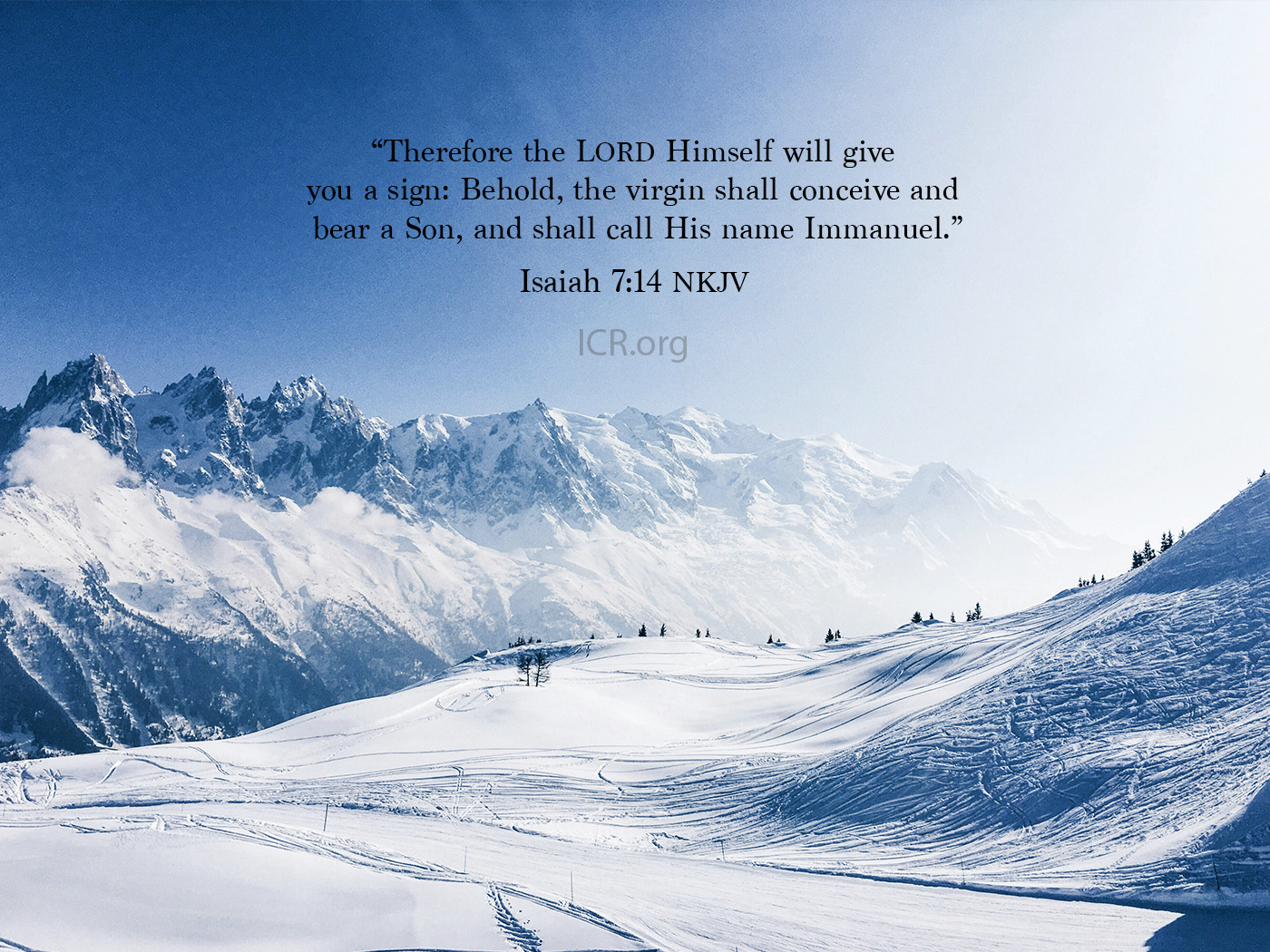As children, when someone challenged what we were saying, we had a favorite comeback—“Says who?” We wanted to know if the person questioning us was important enough to believe. How did they rank on the trustworthiness scale? Professional writers have a different version of “says who?” When they evaluate the credibility of a manuscript, they ask, “What’s the original source or who is the primary source?” Christians have still another test to determine reliability—what does God say?
At the Institute for Creation Research, we look at the presuppositions of teachers or scientists, their research methods, original source documentation, and other areas that reveal the reliability of what they’re presenting. We want to know “says who?” We consider the source before we accept their premises. Some key things to consider are
- Who is the author?
- What is their worldview?
- Do they believe the Bible is God’s inspired, inerrant Word?
- Do they accept the historical narrative accounts in the Bible as accurate historical records?
- Do they follow the scientific method?
- Is evolution their starting point?
We can ask other questions, but these are good places to start when we want to evaluate the credibility of what we hear and read.
When you consider the scientists and scholars at ICR, you will find all of them to be trustworthy sources in both the Bible and science. ![]()
When you consider the scientists and scholars at ICR, you will find all of them to be trustworthy sources in both the Bible and science. As you read this month’s feature article “Vernon Cupps: Interview with a Nuclear Physicist,” you’ll discover a man with a heart for God who also has an impeccable science resume.
Dr. Jeffrey Tomkins discusses the problems with evolution in “The Impossibility of Life’s Evolutionary Beginnings.” He earned his Ph.D. in genetics from Clemson University and has authored dozens of technical papers on human-chimp DNA, genomics, horticulture, biology, and other topics.
Dr. Randy Guliuzza, ICR’s National Representative, provides insight into the engineered adaptability of living organisms in “Creatures’ Adaptability Begins with Their Sensors.” Dr. Guliuzza is a medical doctor and professional engineer with a theology degree as well. He also earned a Master of Public Health from Harvard University and served in the Air Force as Flight Surgeon and Chief of Aerospace Medicine.
The other members of our research team also hold master’s and/or doctorate degrees in relevant fields such as geology, physics, biotechnology, zoology, theology, and law. All are seasoned experts in their respective disciplines.
Our scientists’ superb credentials stand up to the scrutiny of critics. ![]()
Our scientists’ superb credentials stand up to the scrutiny of critics. Their desire to honor the Lord is foundational to everything they teach. When you evaluate the sources at ICR and you ask that age-old question—“says who?”—you can be assured that our scientists and scholars have already considered “what does God say?”
* Jayme Durant is Director of Communications at the Institute for Creation Research.













